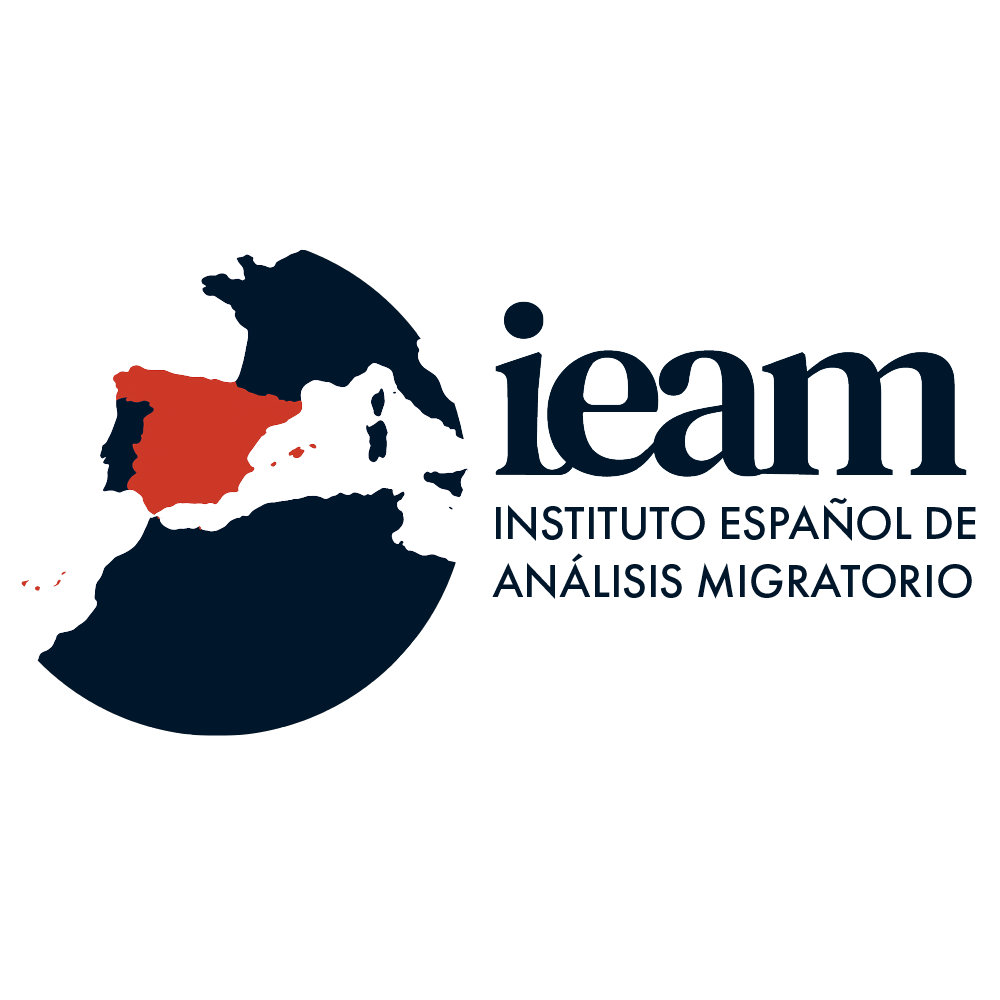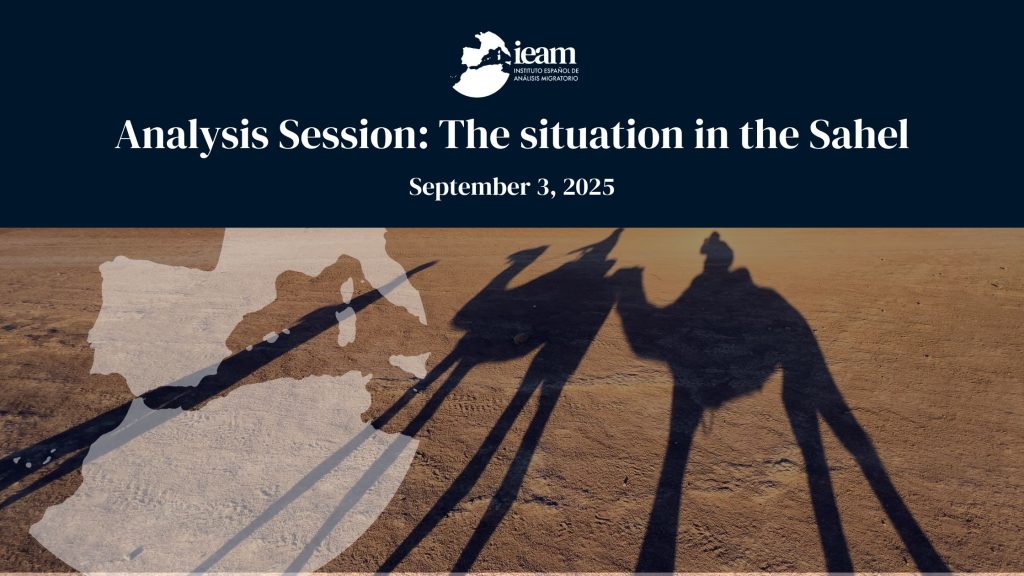Innovation for Migration Management – an initiative that is part of IRLab – is organizing a session to examine geopolitical movements in the region and their implications for the Canary Islands.
The Government of the Canary Islands has scheduled, for Wednesday, September 3, an analytical session on the geopolitical situation in the Sahel and its impact on migration flows to the archipelago. The event will be held as a webinar open to all interested participants.

Speakers will include Dr. Beatriz Mesa, political science expert; Dr. Beatriz de León Cobo, Director of the Spanish Institute for Migration Studies (IEAM); and journalist José Naranjo, who will address various aspects of the current situation,
from political and security deterioration in the region to its impact on boat departures to the Canary Islands. The session will be presented by Octavio Caraballo, Deputy Chief of Staff to the President, alongside Claudia Pérez, Coordinator of Innovation for Migration Management.
The President of the Canary Islands, Fernando Clavijo, has repeatedly expressed his “concern” over the lack of response from the European Union (EU) to this scenario, which also affects migration. He has called for cooperation policies to ensure that countries in the region can achieve development and peaceful coexistence.
The expansion of jihadist violence, structural deficits in economic development and governance, and the impacts of climate change are creating increasing instability, which may affect not only the countries in this part of Africa but also the broader surrounding region.
Indeed, the recent decrease in migrant arrivals to the Canary Islands does not mean that migration has stopped; rather, departure points are shifting southward, to less monitored areas, increasing risks for travelers.
The closure of borders in Mauritania and Senegal has forced trafficking networks to move south, seeking departure points in Guinea-Bissau and Guinea-Conakry, thus bypassing reinforced controls in West Africa. The distance from Conakry to El Hierro exceeds 2,200 kilometers, approximately 750 kilometers more than from Senegal or Gambia.
Added to this is the high birth rate in countries in the region. 60% of the Sahel population is under 25 years old, and projections indicate that by 2050, these countries will be home to 500 million people. This situation requires creating opportunities in their countries of origin as an alternative to emigration.


